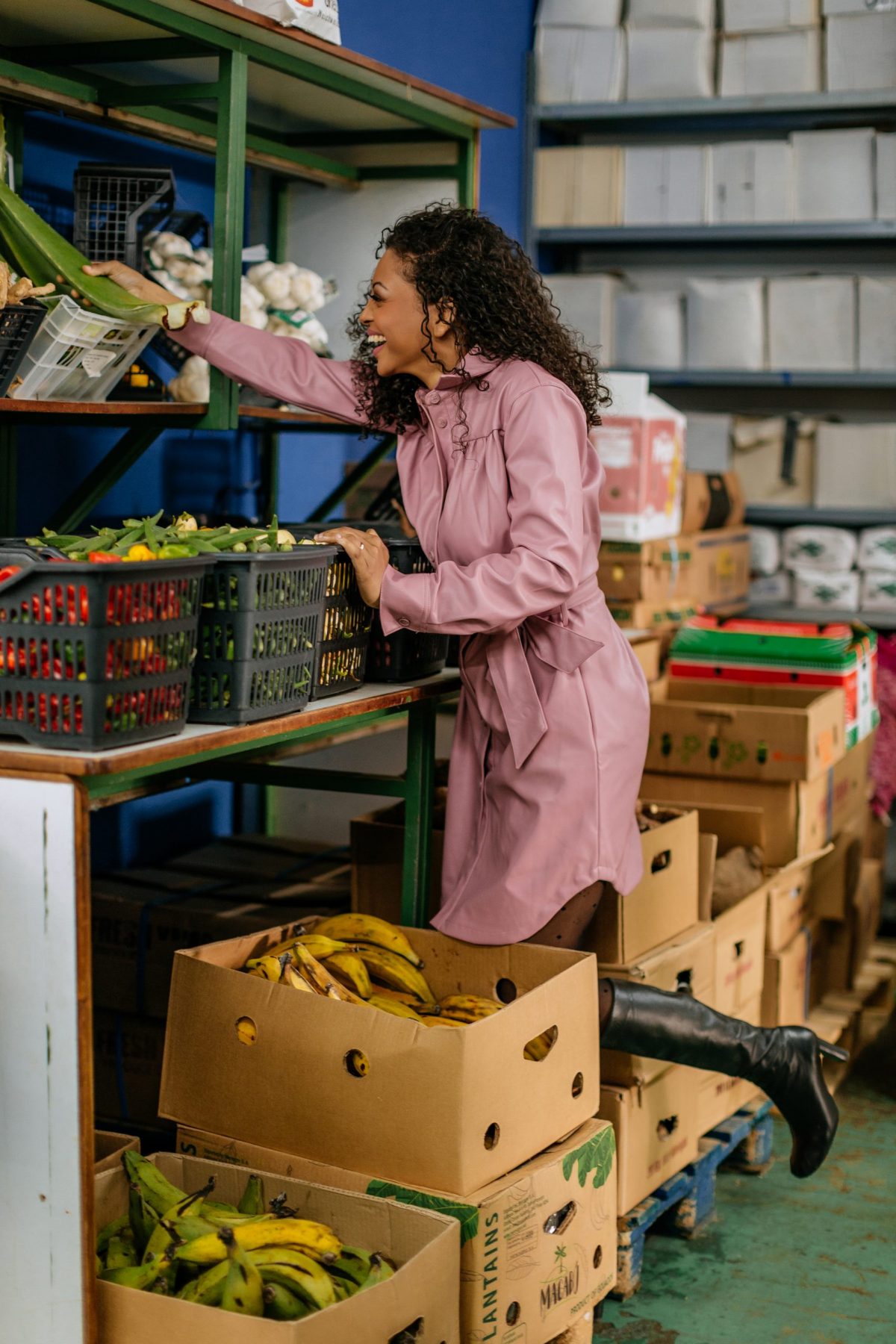 One of the greatest myths of capitalism is that the more choices available to us, the more advantaged we are and because we participate under a capitalist structure sometimes those choices can make us feel as if we are winning. But once there is a winner, there is always a loser. Sometimes the loser is directly connected in the structure and sometimes, too, that loser can be you.
One of the greatest myths of capitalism is that the more choices available to us, the more advantaged we are and because we participate under a capitalist structure sometimes those choices can make us feel as if we are winning. But once there is a winner, there is always a loser. Sometimes the loser is directly connected in the structure and sometimes, too, that loser can be you.

These days, when we can buy a garment for the same price as a cup of coffee or a whole Chinese meal at New Thriving, it is only ignorance that would keep us from realising that somewhere along the supply chain to get us our fast fashion, someone is working for a meagre wage. Capitalism dissolves our ability to see further than our immediate needs because it forces us to plug into it just to survive. It carefully chisels away at our humanness, our ability and agency to make decisions independently even if we think we are doing such.
When we are strapped for cash, we rarely examine the ripple effects caused by the choices we are forced to make. Indeed it is a rarity to find someone with barely any disposable income contemplating whether they should by sunflower oil in plastic bottles that have been contaminated with BPA (an industrial chemical used to make plastics) versus avocado oil in a glass bottle which is probably the safest oil to cook with because of its high smoke point in comparison to other oils (470-500 F). Other oils when heated burn and break down on a chemical level thus making them toxic for consumption. So many of our so-called choices have been forced on us because we have become ruthlessly boxed into a system.
But what happens when we have means and access to make better choices and still find ourselves willing to play into the hands of the system? This week, I decided to experiment a little further with cassava flour for my second ‘Produce or Perish’ article. I made a scrumptious cake (I hope the printed photograph does it justice) from cassava flour, avocado oil, baking powder and coconut sugar. Not necessarily because I was craving it, but rather to really see if it was a versatile flour. This was often the argument which many used to explain why it simply wasn’t good enough. My mom was never really interested in it. She was raised with wheat flour and despite it being a known fact that cassava is superior in the form nutrient composition, while being gluten free (easier to digest) and Paleo friendly, it just didn’t fit the culinary art form in her household.
Given Guyana’s plural society make up and how the races contend with each other, perhaps too, the reluctance to properly experiment or include cassava flour could have also been seen as a way of asserting a protectionist standpoint. This reflection makes me remember a conversation with my aunt. When I mentioned that I was making fried plantain and eggs, she remarked: “You propah like yah Black man food”. She said it in a way which made me feel guilty for not eating or making enough Indian dishes. Perhaps, too, our reluctance to include cassava flour and experiment with it can be rooted in how it rates on the class stratification ladder.
In West African countries, where it is incredibly popular, it is known to be the food of the poor. In the 1960s, a finance minister from Ghana justified his increases in taxes by saying “poor people won’t be affected because they eat garri – a processed flour product from cassava”, which also simultaneously implied they were too poor to buy imported food products.
In Guyana and anywhere else that has been under colonial rule, there also seems to be a lingering yearning to eat like the people who know nothing about organic agriculture in comparison to their knowledge of chemical-laden food products. There is always a hankering to assimilate to things and trends foreign in hopes that they will put us ahead of our “mahtee”. It is the most psychologically damaging phenomenon that we must unlearn.
As food prices continue to skyrocket globally, and climate change poses a brutal threat to safe and healthy farming, we must not forget that cassava is a highly drought resistant crop. As non communicable diseases continue to climb steadily within the population and as the cost of living rises, it is even more important to remember how rich cassava is in B Vitamins, Niacin, dietary fibre (excellent for lowering cholesterol levels and regulating blood sugar) and Vitamin C when compared to its imported nutrient lacking rivals.
This is a rare case where we could have our cake and eat it too without a worry; let us embrace it. Cassava flour can currently be found locally at Food Maxx at the cost of $540 (for a 250 grammes packet).






